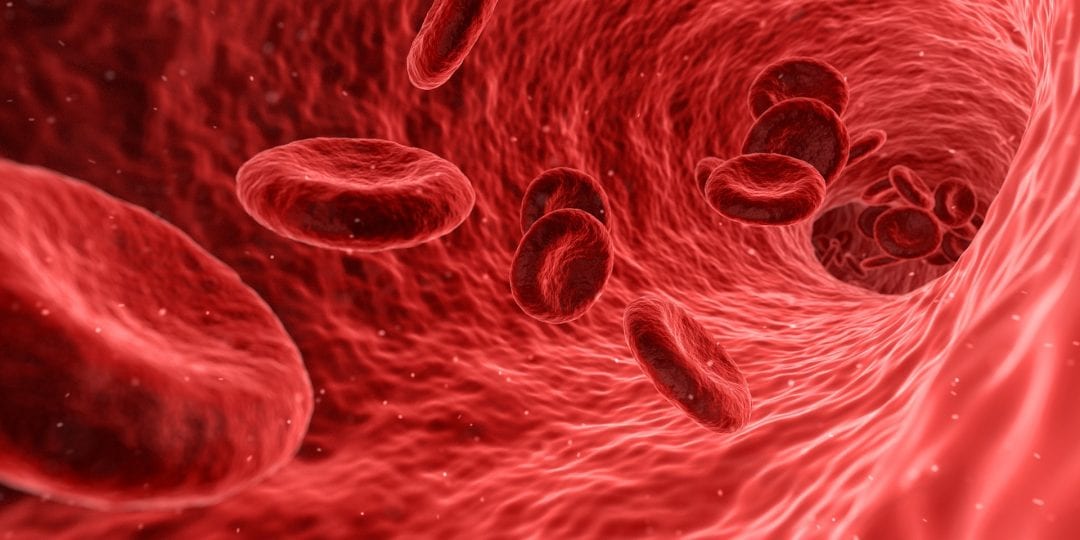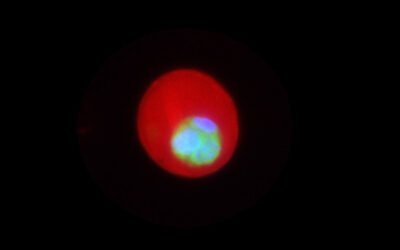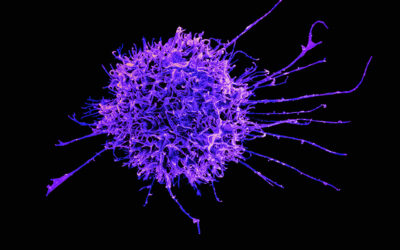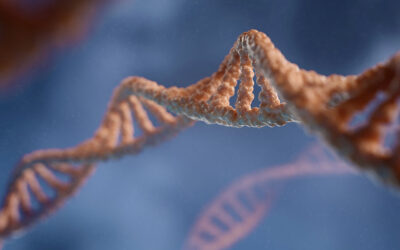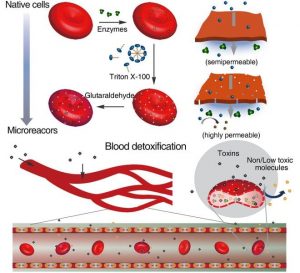
Triton X-100 is used to render RBCs highly permeable to substrates, and glutaraldehyde to stabilize cells.
Researchers from the National Institute of Biomedical Imaging and Bioengineering, in Bethesda, US, recently reported a novel and simple method to transform red blood cells (RBCs) into highly efficient microreactors for blood detoxification.
They achieved this with engineering the RBC microreactors by loading the desired detoxification enzymes into RBCs, which were then sequentially treated with different concentrations of Triton X and glutaraldehyde to first create pores and then to stabilize the cells. These modified RBCs are able to entrap the enzymes of choice while staying permeable to small molecules (as toxins), while maintaining their biological properties. Detoxification assays carried out in vitro, and in an in vivo toxin mouse model showed excellent toxin degradation efficiency of these microreactors. Although this work demonstrates clinical application of RBCs in blood detoxification, engineered RBC-based delivery systems can have many more clinical applications across drug delivery, nanomedicine, and theranostics.

